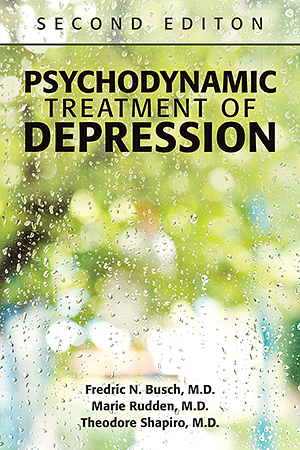Sections
Excerpt
As discussed in Chapter 8 (“The Severe Superego and Guilt”), depressed patients can have scrupulously held moral standards. Additionally, their personal expectations of themselves in other realms of endeavor can be unrealistic. These attitudes are rooted in an excessively perfectionistic ego ideal. The ego ideal, considered to be another dimension of the superego, establishes goals to be met and attributes to be held for the person to consider the self praiseworthy or deserving of respect. Failures to meet excessive expectations give rise to depressive affects of shame, humiliation, or unworthiness, as distinct from the guilt stimulated by a failure to meet moral standards.
Access content
To read the fulltext, please use one of the options below to sign in or purchase access.- Personal login
- Institutional Login
- Sign in via OpenAthens
- Register for access
-
Please login/register if you wish to pair your device and check access availability.
Not a subscriber?
PsychiatryOnline subscription options offer access to the DSM-5 library, books, journals, CME, and patient resources. This all-in-one virtual library provides psychiatrists and mental health professionals with key resources for diagnosis, treatment, research, and professional development.
Need more help? PsychiatryOnline Customer Service may be reached by emailing [email protected] or by calling 800-368-5777 (in the U.S.) or 703-907-7322 (outside the U.S.).



